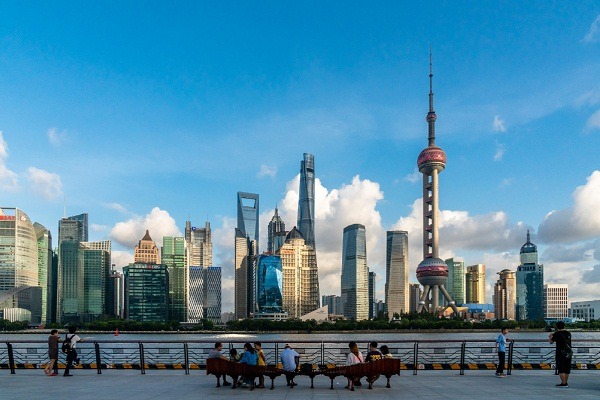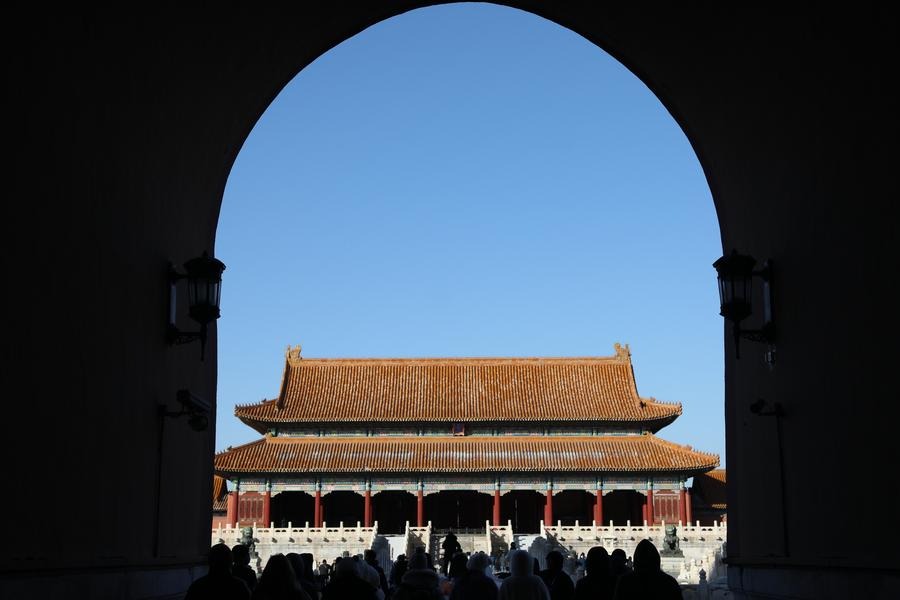Guiding light
The challenge lies in ensuring that the Bandung legacy is upheld in today's world


Seventy years ago, the Bandung Conference marked a pivotal moment in the history of international relations. It was an attempt at addressing the pressing issues of colonialism, racism and the quest for self-determination.
With global politics and economics both imploding today as a consequence of unrelenting nationalism, populism and isolationism, the lessons of the Bandung Conference serve as a crucial reminder of the importance of solidarity among nations, particularly those that have historically been marginalized.
Given the global geopolitical climate, the principles of the Bandung Conference resonate with renewed urgency. When the Bandung Conference was held, it emphasized solidarity among nations that had suffered oppression in various forms including colonialism. It was a clarion call for anti-colonialism. Today, as the world witnesses the resurgence of unilateralism and neo-colonial practices, the spirit of Bandung serves as a reminder of the importance of collective action against injustice. The principles of solidarity and mutual support among nations are essential to address global challenges such as climate change, economic inequality and social injustice.
At the conference, the participating leaders agreed that peaceful coexistence was crucial. And this is clearly relevant today in an era marked by rising tensions between major powers. The lessons of Bandung underscore the importance of diplomacy and dialogue in resolving conflicts and fostering understanding among nations.
It is a deja vu moment where we perhaps should not only be looking at the lessons and inspiration of that conference but also to have similar engagements as these conversations remain relevant today. The rise of populism and nationalism is astounding and has been accompanied by a disregard for the rights and dignity of marginalized communities, both domestically and internationally. The principles of Bandung challenge this trend by advocating for a world where all nations, regardless of their size or power, are treated with respect and dignity.
In the context of global governance, the need for equitable representation and participation in international institutions is more pressing than ever. The voices of developing nations must be amplified in decision-making processes that affect their futures. The principles of Bandung call for a reimagining of global governance structures to ensure that they are inclusive and reflective of the diverse realities of the world.
As the US retreats from its role as a global leader, emerging powers in the Global South are stepping up to fill the void. Countries such as China, India and Brazil are increasingly asserting their influence on the global stage, often drawing on the principles of Bandung to advocate for a multipolar world order. African countries are also weaning themselves from the West in a shift that presents both opportunities and challenges for the international community.
Emerging powers have the potential to champion the principles of Bandung, promoting cooperation and solidarity among developing nations. However, there is also a risk that these powers may replicate the exclusionary practices of the West, prioritizing their interests over those of smaller nations. The challenge lies in ensuring that the legacy of Bandung is upheld, fostering a world where all nations can thrive in an environment of mutual respect and cooperation. That means all progressive nations must have a voice in the processes to ensure inclusion.
In navigating the complexities of modern world politics, it is crucial to revitalize the spirit of the Bandung Conference. This requires a concerted effort to promote the principles of anti-colonialism, peaceful coexistence, mutual respect, and equality in international relations.
There is need to strengthen multilateralism in an era marked by unilateralism and isolationism. Nations must unite to reform and revitalize international organizations, sign pacts, ensuring that they are equipped to address contemporary challenges. This includes promoting equitable representation and participation for developing nations in decisionmaking processes.
South-South cooperation must be strengthened. All these principles are useless if there is no solidarity among the Global South. The Global South cannot afford discord. They must sing in one voice and one tune. Fostering South-South cooperation will help build networks of support and collaboration, enabling nations to pool and share resources, knowledge and best practices. This approach can empower developing nations to assert their sovereignty and pursue their development goals.
In a world fraught with tensions, it is critical to promote diplomacy and dialogue in resolving conflict. Nations should prioritize diplomatic efforts to address disputes and push for understanding among diverse civilizations. Interactions should be done in the confines of the principle of peaceful coexistence, with emphasis on the importance of non-interference and respect for sovereignty.
And while pushing for non-interference is crucial, peer reviews are also vital. There must be standards that are maintained. There are practices that cannot be condoned. All parties must foster and commit to social justice and equality. All parties must commit to addressing systemic inequalities within and between nations, promoting human rights, and ensuring that marginalized communities have a voice in decision-making processes. The principles of mutual respect and dignity must underpin all interactions in the international arena.
As the world grapples with the chaos fostered by the US' exclusionary policies, the principles established at Bandung are more relevant than ever. It is imperative to push for a new era of international relations with the emphasis on peaceful coexistence, equality, mutual respect and anti-colonialism.
The prevailing divisions and tensions in the world should compel leaders to use the Bandung Conference as the guiding light for an inclusive and equitable global order. Revitalizing the principles of Bandung will help nations to strive toward a future where all nations are treated with respect and dignity, fostering a world that is truly united in its diversity.

The author is managing editor of Africa News 24, Lesotho. The author contributed this article to China Watch, a think tank powered by China Daily. The views do not necessarily reflect those of China Daily.
Contact the editor at editor@chinawatch.cn.



































